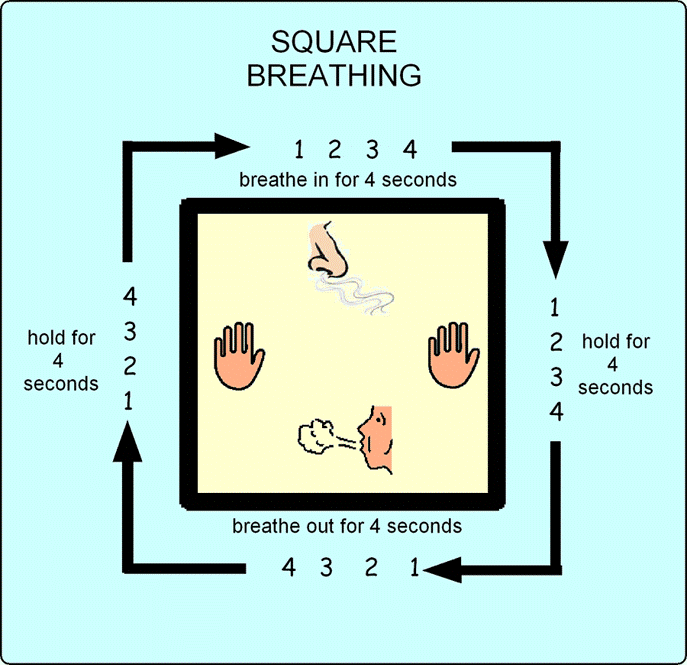 When a child with autism begins to escalate their mind can become just as overwhelmed as their body. In order to effectively support them through the encountered trigger you may need to help your student in refocusing their mind. This can be done by changing up the immediate schedule and providing a detour to what they find great comfort in: that which is predictable. The following routines can be effective at helping your learner feel successful again and ready to get back to the activity that triggered them in the first place.
When a child with autism begins to escalate their mind can become just as overwhelmed as their body. In order to effectively support them through the encountered trigger you may need to help your student in refocusing their mind. This can be done by changing up the immediate schedule and providing a detour to what they find great comfort in: that which is predictable. The following routines can be effective at helping your learner feel successful again and ready to get back to the activity that triggered them in the first place.
Counting: This is a quick one. Have your student stop all other work and have them count to 10,20, or 30 slowly. They may need your verbal modeling. When done check for signs of increased focus. If they are not ready have them count again. Do not repeat more than three times, it may be cause for further escalation.
Music: If your student has a favorite song, have them listen to it on headphones or in an area that won’t disrupt other learners. Make sure that the words are positive and the beat isn’t fast. If you are brave and don’t have access to music in a moment of need try singing some of the song to them and see if they join in . Ultimately though, you want the de-escalation strategy to be as independent of you as possible.
Mastered Tasks: Have your student move on to a work activity that they can easily do that does not require a great deal of thinking. This can be sorting objects, easy math worksheets, or identifying objects on flash cards.
Word Search or Maze Book: This was a must have for one of my former high school students. They are a bit lengthy, but for right person they can be just the trick.
Puzzle: Make sure that it is an easier one, otherwise you might have pieces being thrown across the room.
Preferred Book: A comfy chair where the only requirement is just looking and turning pages. Decoding optional.
Sensory Activities: Deep breathing, going for a walk, heaving lifting, pushing a cart, or taking a message to the main office all can help calm the mind and body. Consult with your building occupational therapist for more suggestions related to your student.
There is no one strategy that will work for every child. You may have a task specific to your learner that is a better fit. However you identify them, it is key that these are activities that 1) are not disliked by the student, 2) have a definite beginning and a definite end, 3) do not require a great deal of mental focus, and 4) have been practiced many times before with the learner. Showing a representation of the quick change in the schedule to the learner may be required. Teaching your student how to take a moment’s detour so that their challenges are manageable is an essential skill for life. It may take away time from academic learning, but far less time than a large escalation would.






